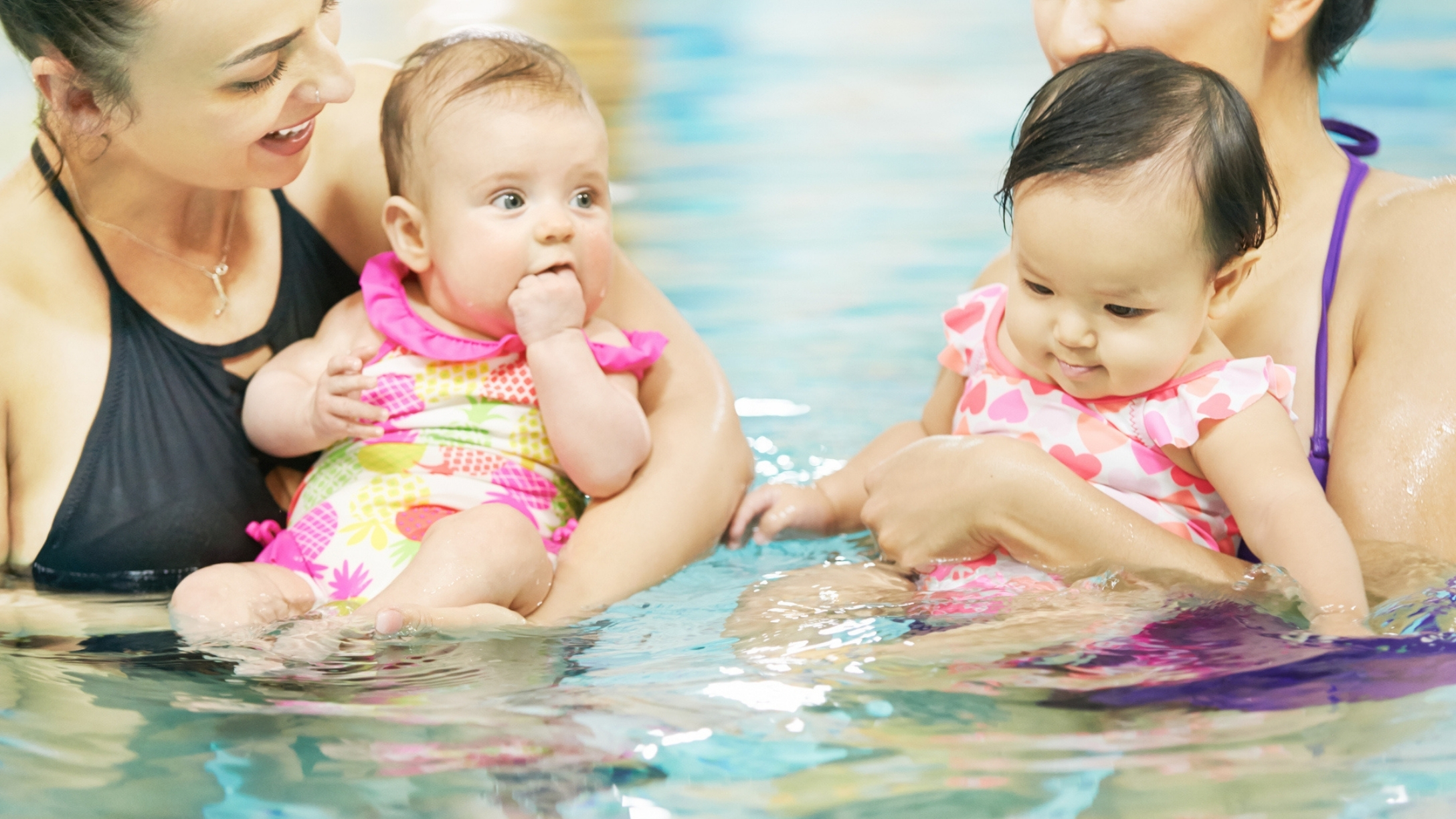
It's so exciting when your kid gets to an age when they start to make lasting friends. As parents, we're fascinated by the inner workings of our kids' worlds, even when we need to watch from afar.
Up until they're a certain age, our kids do need us to be there. Until you think your kid is ready to go out on their own, chances are you'll tag along on quite a few playdates.
Playdates can be fun because they're an opportunity to make friends with your kid's friends' parents. While that can be great if you hit it off, things can be awkward if you don't. Your child will make a lot of friends as they grow up. The chances that you'll encounter at least one other parent you don't like are sizable. If and when it comes up, you'll be grateful for this advice on how to handle it.
Figure Out What It Is You Don't Like
There are a lot of reasons you can dislike a person. Something they believe in may be fundamentally opposed to something you believe in. You can have personalities that just don't mesh, or maybe the first impression wears off and you see something different.
Whatever the reason you don't like this person, figuring out why will help you figure out how to best handle your feelings. If it's something at the surface, there's a chance you can push through and be friendly. If you dislike them for a reason that won't change, you may want to figure out how to work around that.
Be Able To Put Your Feelings Aside
You always want to work toward a place where you can put your feelings aside and focus on what's best for your kid. Understandably, if you feel that your dislike for this parent makes you uncomfortable trusting them with your kids, you have to do what feels right. But if your dislike is just a matter of more basic differences, you should work on being willing to put those feelings aside for your kid's best interest.
Remember the Behavior You're Trying To Model
If your kid catches on to you not liking their friend's parent, they're going to watch you like a hawk. They're going to want to see how you handle it, and it may help them understand how to handle people they don't like.
The younger the kid, the more that's at stake. Older kids present different challenges, however. They may call you out if they think you're not practicing what you preach, so be prepared.
Take Some Time To Observe
If you're unsure what it is that you don't like about the parent but you know there's something, spending more time together could make things clearer. It can help make it clear to you that it's something personal that you have to deal with. But sometimes, your gut is gnawing at you for a different reason. Don't feel weird about putting some extra time in to make sure your kid and their friend are both safe.
Consider Drop-Off Playdates
Depending on the kids' ages and the comfortability levels, drop-off playdates may be a good way to circumvent spending lots of time with the friend's parents. This will also give each parent (in an ideal situation) some time to breathe and get some things done while their kid is off having fun.
Bring Other Kids Into the Mix
You can diffuse one-on-one time with a pesky parent by opening your kids' social circles up more. If there are more parents, there's less direct interfacing. As the kids get older, that also means more households for them to rotate through, so your kid won't always be with someone whose parenting you may not agree with.
Remember: You Don't Have To Be Friends
You don't have to be friends with your kid's friend's parent, but you do have to be mutually respectful. There's never a reason to disrespect each other, especially in front of the kids. The best way to keep the kids' friendship intact is to develop a degree of cordiality you're both willing to uphold.
Don't Let the Parent's Behavior Cloud Your Judgment of Their Kid
You may think that an unsavory parent will equate to an unsavory kid, but that's not always the case. The child can still be a perfectly suitable friend for your kid, so don't judge them by their parent's actions. Give the kid a chance on their own, and if you're still concerned about the friendship, talk to your kid and gauge where you're both at.







